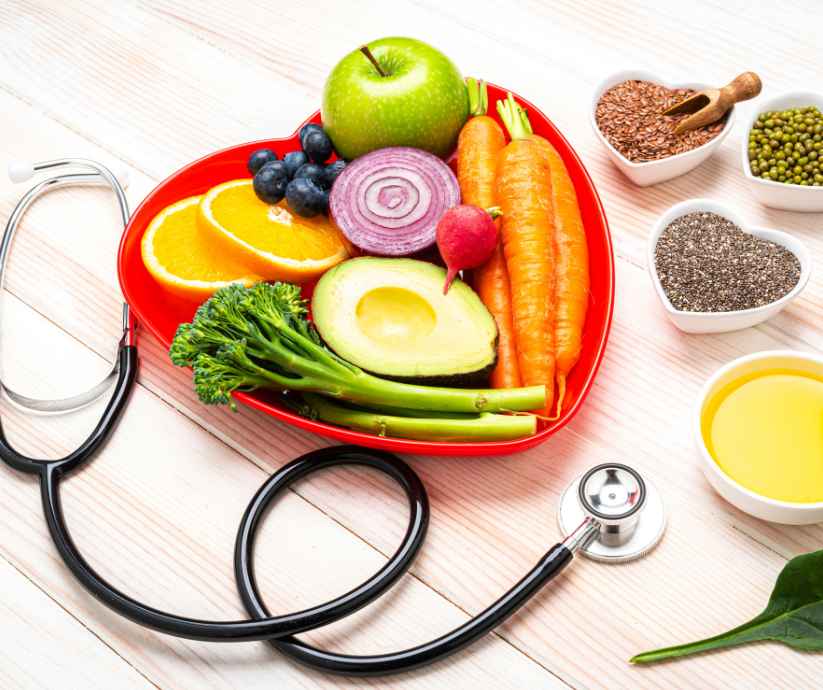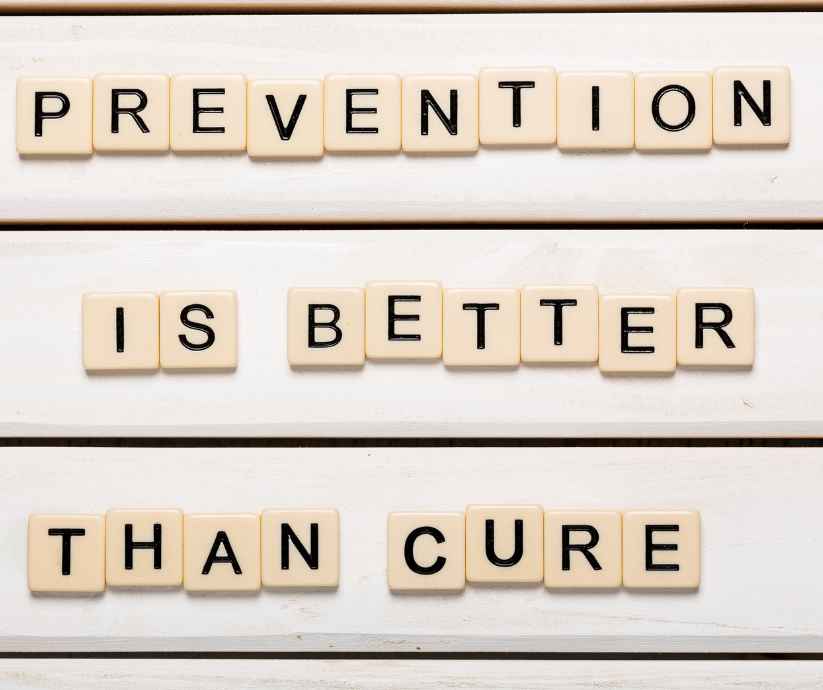Proper nutrition is the cornerstone of a healthy and vibrant life. The food we consume not only provides energy but also plays a vital role in supporting bodily functions, promoting growth, and preventing diseases. In today’s fast-paced world, it is crucial to prioritize nutrition and make conscious choices that fuel our bodies with the right nutrients. This article delves into the importance of nutrition, explores key components of a well-rounded diet, and offers practical tips for making sustainable and nutritious food choices.
Nutrition is more than just a means of satisfying hunger; it is the foundation for overall well-being. A balanced and nutrient-rich diet provides essential vitamins, minerals, proteins, carbohydrates, and healthy fats that support bodily functions and help maintain a strong immune system. Good nutrition is associated with a range of benefits, including increased energy levels, improved cognitive function, enhanced mood, better weight management, and reduced risk of chronic diseases such as heart disease, diabetes, and certain cancers.

To achieve optimal nutrition, it is essential to focus on incorporating the right components into our daily diets. Here are some key elements to consider:
- Macronutrients: These include carbohydrates, proteins, and fats. Carbohydrates provide energy, while proteins are necessary for building and repairing tissues. Healthy fats, such as those found in nuts, avocados, and olive oil, are crucial for brain function and maintaining healthy skin.
- Micronutrients: These are vitamins and minerals that are required in smaller quantities but play critical roles in maintaining overall health. Ensure a diverse intake of fruits, vegetables, whole grains, and legumes to obtain a wide range of micronutrients.
- Fiber: Found in plant-based foods, fibre aids digestion, helps maintain a healthy weight, and reduces the risk of chronic diseases. Incorporate whole grains, vegetables, fruits, and legumes into your meals to increase your fibre intake.
- Hydration: Water is essential for numerous bodily functions. Aim to drink an adequate amount of water throughout the day and limit sugary drinks.
Making sustainable changes to your diet can be a gradual process. Here are some tips to help you transition to a more nutrient-rich eating plan:
- Prioritize whole foods: Opt for minimally processed foods and focus on consuming whole grains, fresh fruits and vegetables, lean proteins, and healthy fats. These foods provide a wide range of nutrients without added sugars, unhealthy fats, and artificial additives.
- Portion control: Be mindful of portion sizes to avoid overeating. Listen to your body’s hunger and satiety cues, and eat until you are comfortably full.
- Diversify your plate: Include a variety of colourful fruits and vegetables in your meals to ensure a broad spectrum of vitamins, minerals, and antioxidants.
- Cook at home: Preparing your meals allows you to have control over ingredients and portion sizes. Experiment with different recipes and cooking methods to make healthy eating an enjoyable experience.
- Read food labels: Learn to decipher nutrition labels to make informed choices about the products you buy. Look for foods with fewer additives, lower amounts of saturated fats, and limited added sugars.
- Mindful eating: Slow down and savour each bite. Pay attention to the taste, texture, and aroma of your food. Eating mindfully promotes better digestion and allows you to recognize when you’re full.

Nutrition is not a quick fix or a temporary solution; it is a lifelong commitment to nourishing your body for optimal health. By prioritizing nutrient-rich foods, practising portion control, and making conscious choices, you can unlock the power of nutrition and reap the benefits of a healthier and more vibrant life. Remember, small changes over time can lead to significant improvements in your overall well-being. Embrace the journey towards a nourishing diet, and your body will thank you with increased energy, improved vitality, and a reduced risk of chronic diseases. Start today, and let nutrition be your key to unlocking a healthier and happier future.




